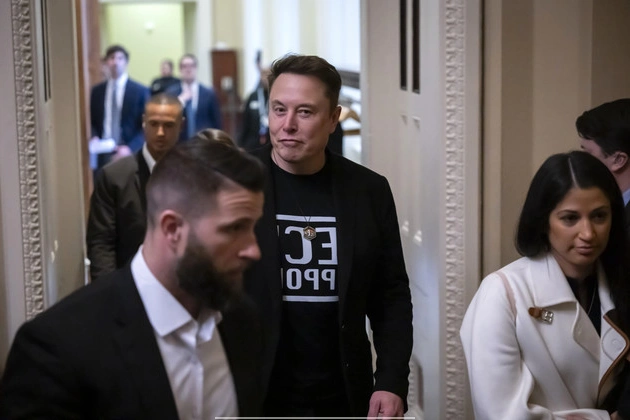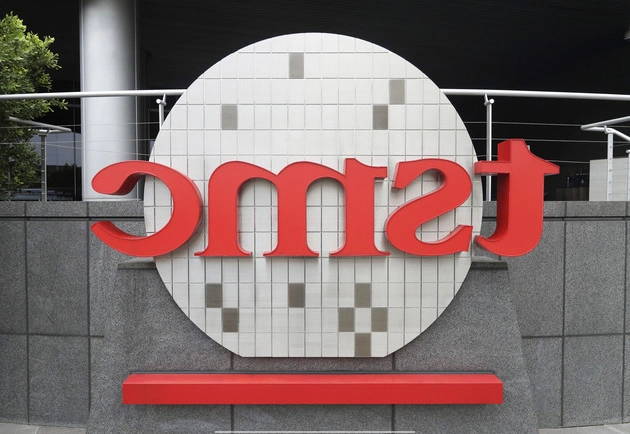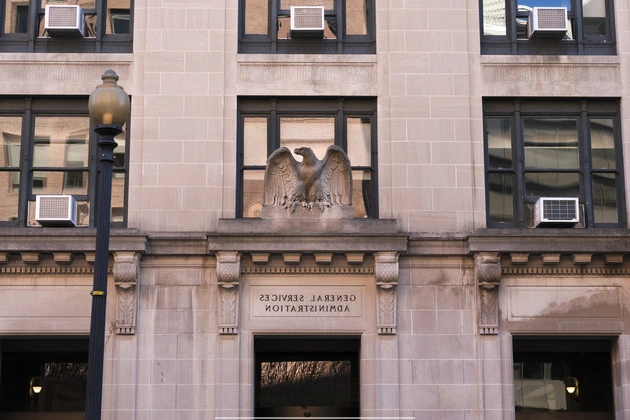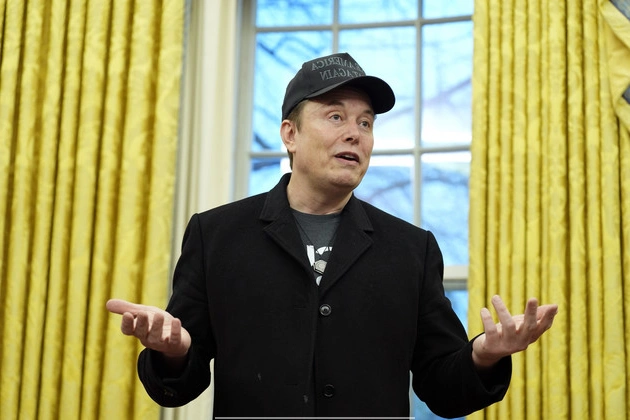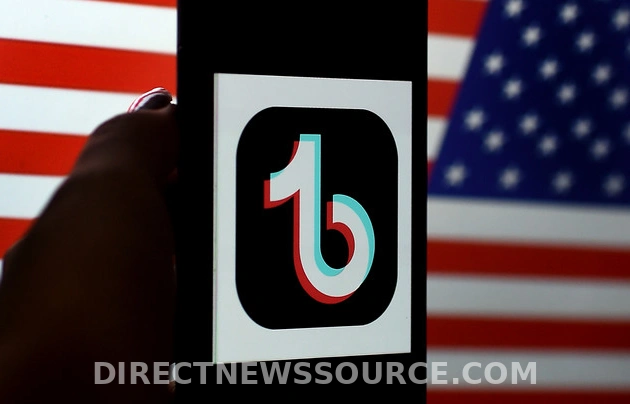
President Donald Trump has made a plea to the Supreme Court, seeking a postponement of the impending TikTok ban in the United States. He argues that a delay granted by the court would allow him the opportunity to negotiate a resolution to safeguard the popular social media platform.
In an amicus brief submitted on Friday, President Trump asserted his unique dealmaking skills, electoral mandate, and willingness to address national security concerns, emphasizing his intention to find a solution during the transition period before his administration takes office.
While maintaining neutrality on the dispute’s specifics, Trump urged the Supreme Court to extend the ban deadline beyond January 19 to enable his administration to pursue a diplomatic resolution and potentially avoid a contentious legal battle over First Amendment rights.
The impending decision by the Supreme Court revolves around the law mandating TikTok’s sale, signed by President Joe Biden earlier this year. The ultimatum requires the company to sever ties with its Chinese parent company, ByteDance, within weeks to avoid app distribution restrictions by major platforms.
The expedited legal proceedings, scheduled for oral arguments on January 10, raise uncertainty about a timely ruling before the ban’s enforcement date. The case’s outcome holds significant implications for national security, technological landscape, and freedom of expression, thrusting Trump into a confrontation with Congress and the incoming Biden administration.
Notably, TikTok and the Department of Justice presented their initial arguments to the Supreme Court on Friday. TikTok’s legal team emphasized the platform’s constitutional protection under the First Amendment, citing its extensive American user base and efforts to address security concerns.
In contrast, the Justice Department defended the law’s constitutionality, highlighting national security threats posed by foreign influence on TikTok. The DOJ contended that the law appropriately targets these risks without infringing on free speech rights.
Ongoing concerns regarding TikTok’s ownership stem from apprehensions about potential data breaches and foreign manipulation due to Chinese regulations. The urgency prompted TikTok and ByteDance to seek Supreme Court intervention following a lower court’s ruling upholding the law’s validity.
While the Supreme Court’s decision to expedite the case favored TikTok, the denial of an emergency injunction underscored the impending deadline’s gravity. Various stakeholders, including lawmakers, advocacy groups, and former officials, contributed diverse perspectives on the contentious issue.
Congressional opinions varied, with some lawmakers questioning the law’s constitutionality and others endorsing it as a crucial national security measure. Think tanks and civil liberties groups urged the Supreme Court to reject the ban, citing its implications for free expression.
Former national security officials and government figures also weighed in, emphasizing the grave security risks associated with TikTok’s Chinese ownership. The involvement of prominent individuals underscores the complex interplay between national security, technology, and free speech concerns.
President-elect Trump’s proactive stance on the TikTok ban aligns with his previous efforts to preserve the platform. Despite initial attempts to ban TikTok, his current intervention reflects a strategic shift, potentially influenced by vested interests and electoral considerations.
The Supreme Court’s forthcoming decision will shape the fate of TikTok in the U.S., with implications for national security and diplomatic relations. While Trump’s involvement adds a new dimension to the debate, the ultimate resolution remains contingent on legal proceedings and the court’s interpretation of the law.
As the deadline approaches, stakeholders await the Supreme Court’s ruling, with divergent expectations regarding the outcome and its impact on TikTok’s future in the American market.






